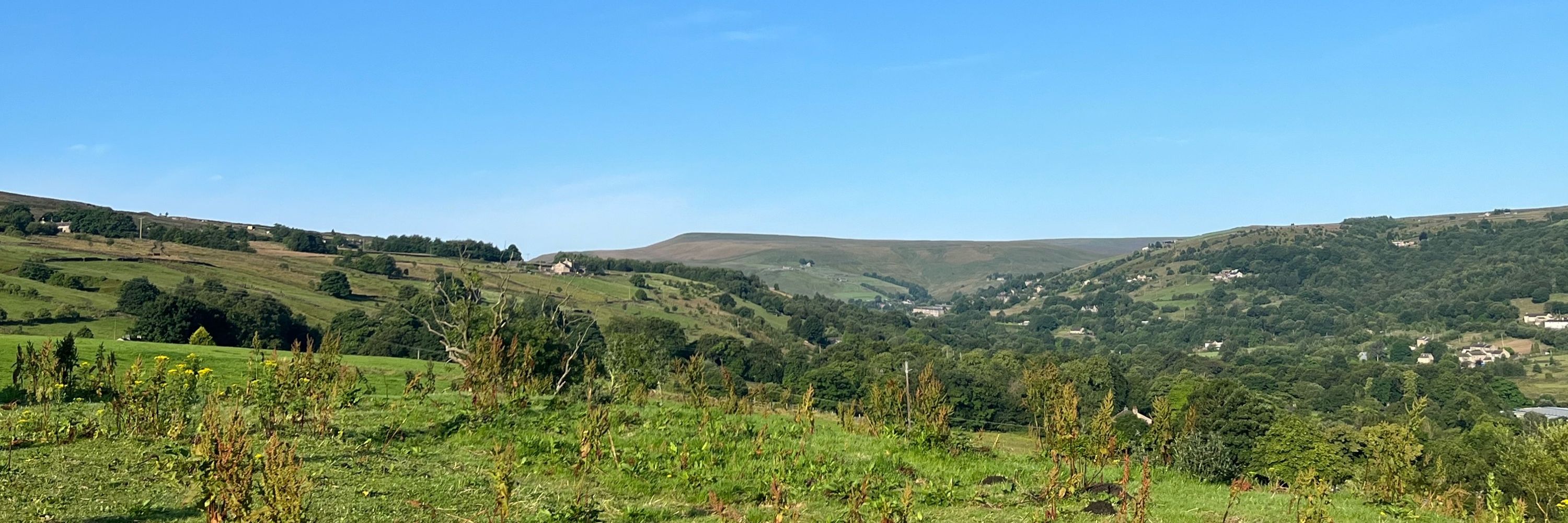JP Spencer
@jpspencer.bsky.social
4.3K followers
1.6K following
460 posts
Director of Devolution Policy, Labour Together. Economist. Author at Future North writing about the North of England (link below).
Posts about policy, politics and the Pennines (and beyond).
📍 West Yorkshire.
🧭 futurenorth.substack.com
Posts
Media
Videos
Starter Packs
Pinned
Reposted by JP Spencer
Reposted by JP Spencer














